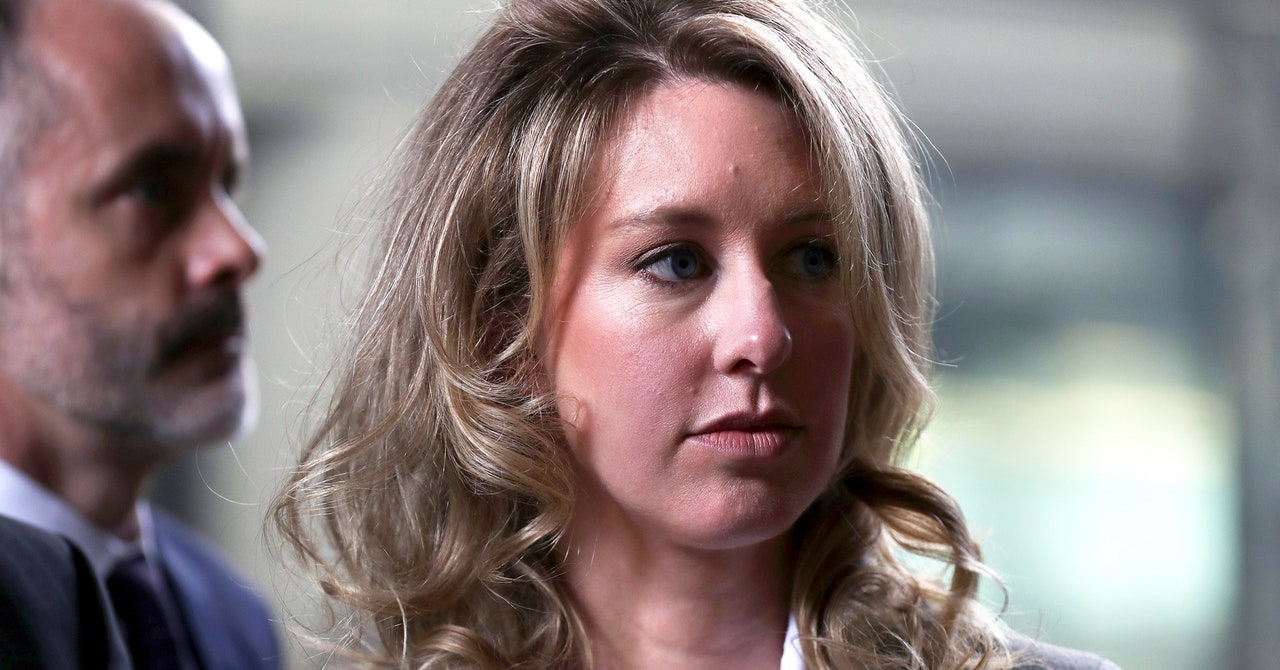Elizabeth Holmes has was sentenced to just over 11 years in prison for defrauding investors by falsely claiming that its technology could detect disease with a drop of blood.
The sentencing of the former Theranos CEO marks the end of the young founder’s Silicon Valley saga – a story in which she courted investors with empty promises and idealism, raking in hundreds of millions of dollars. And it’s a matter that could affect how investors evaluate new startups, experts say. Many founders have used exaggeration to describe their visions and raise funds, but criminal charges for fraud are rare.
“She pushed the envelope a little too far,” said Anat Alon-Beck, a law professor at Case Western Reserve University. “You pretend until you make it, but it was too much ‘fake’.”
But the case is not quite over yet. Holmes’ ex-boyfriend and business associate, Ramesh “Sunny” Balwani, has a sentencing scheduled for December 7. He was convicted of 12 counts of fraud and conspiracy against investors and patients of Theranos. Holmes has also accused him of molesting her, but Balwani has denied these allegations.
Holmes sought funding for Theranos, which she left Stanford University to launch, claiming that her technology would revolutionize the medical field as it could use just a few drops of blood to scan for hundreds of diseases. She turned the startup into a $9 billion unicorn. But whistleblowers revealed that Holmes had lied about the possibilities of her invention. Rather than saving lives, it had put patients at serious risk of false results.
Holmes risked up to 20 years in prison for her actions. In a memo that depicted Holmes as a compassionate child who grew into a naive, young business executive, her lawyers asked her to serve 18 months of house arrest, followed by supervised release and community service. Prosecutors demanded a 15-year prison sentence and $8 million in restitution.
“I stand before you and take responsibility for Theranos. I loved Theranos. It was my life’s work,” Holmes said before receiving the sentence of 135 months or 11.25 years. “I regret my shortcomings with every cell of my body.”
In October, Holmes again tried to avoid jail by seeking a new trial. (She filed several such motions after her conviction earlier this year.) The latest motion came after former Theranos lab director Adam Rosendorff, a witness who testified against Holmes, came to her home to apologize for his role in her conviction. . That led Holmes to oppose the use of his testimony against her, but a judge rejected the motion in early November.
As of June 2018, Holmes had been charged with 11 counts of fraud and convicted of four: one for conspiracy and three for wire fraud. A jury failed to convict her of charges related to defrauding patients by subjecting them to false blood tests, which gave them false positives for HIV, miscarriage and cancer. Theranos had struck a deal with Walgreens that included plans to put Theranos blood test centers in thousands of stores across the US. But Walgreens hadn’t done a full, independent validation of the technology and was betting on Theranos instead.

